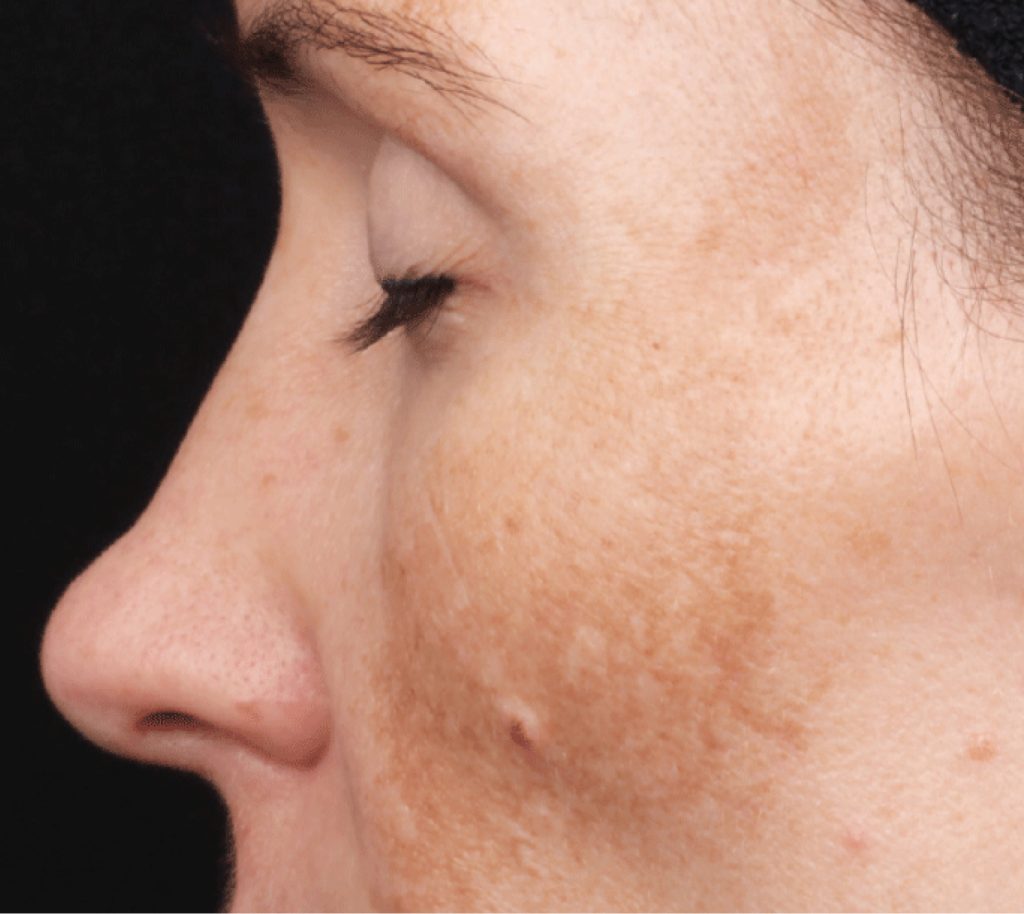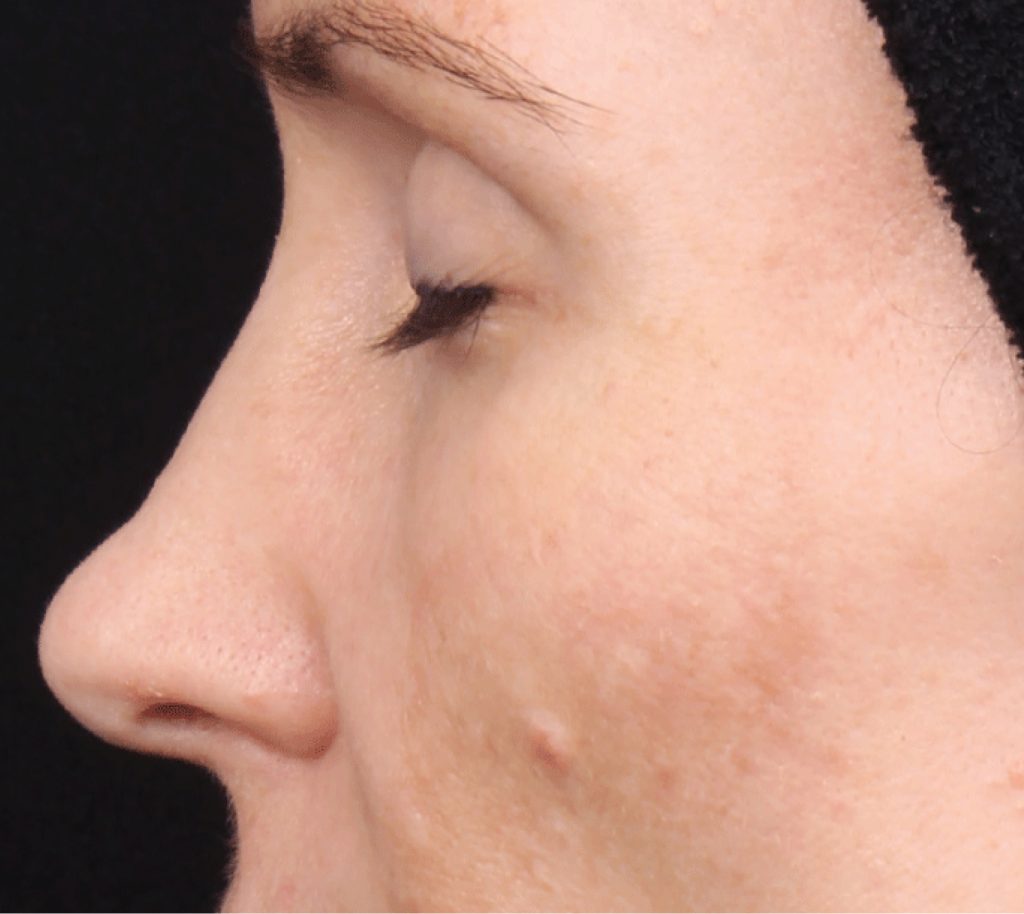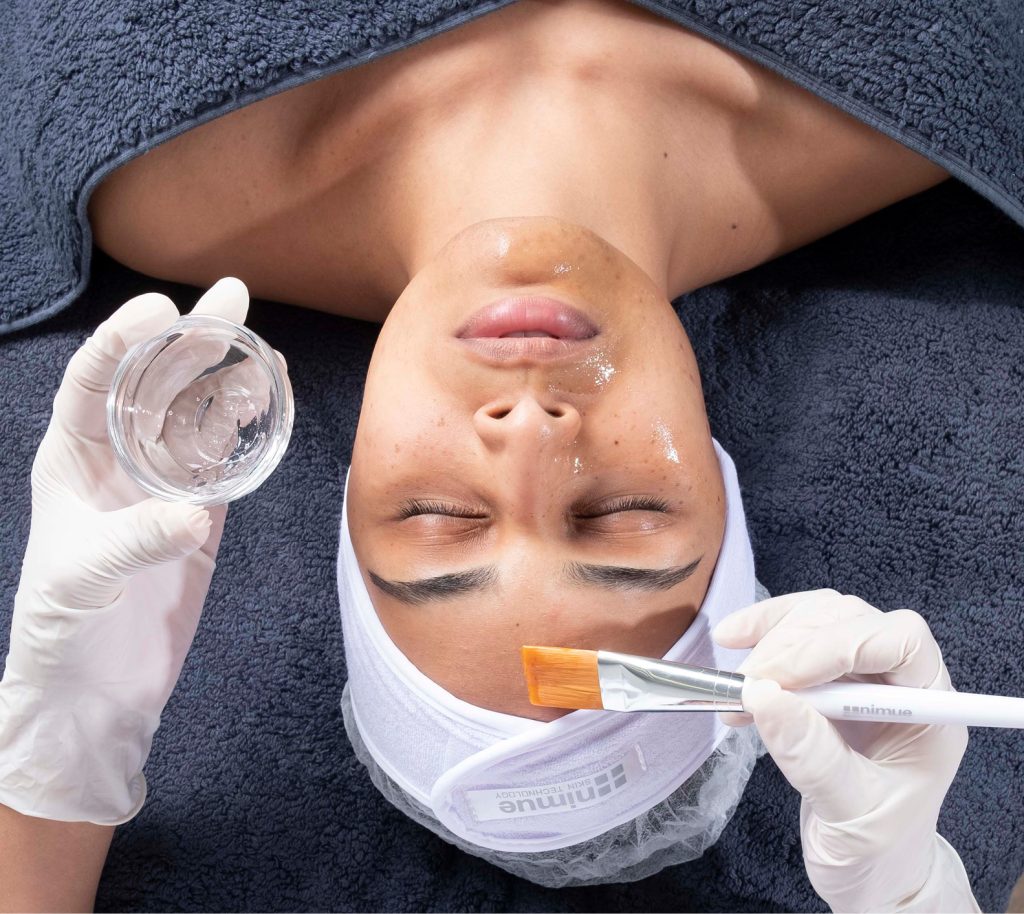Hyperpigmentation is a common skin condition, occurring in most skin tones but is more prevalent in darker skin. Typically, hyperpigmentation is harmless and can take the form of sunspots, acne scars, and freckles. It can appear in smaller patches, cover larger areas, or — in rare cases — even the entire body.
What is hyperpigmentation?
Hyperpigmentation occurs when the skin produces too much melanin, a pigment that is responsible for the colour in people’s skin. It’s naturally occurring but an overproduction of melanin can also be brought on by injury, inflammation, the use of certain medications and many other lifestyle factors.
It can be caused by UV radiation and the resulting sun damage to the skin. Although the condition is not necessarily harmful, it’s crucially important to take proper care of your skin when exposed to sunlight. Not only does sun damage cause premature ageing, UV rays can cause skin cancer, so make sure to use broad-spectrum sun protection products.
Chloasma and melasma are dark patches on the skin that are indicative of hormonal changes in the body, such as during pregnancy. Hyperpigmentation can also be brought about if you suffer from acne or eczema, or other inflammatory conditions of the skin.
How is hyperpigmentation treated?
Depending on the causative factors, hyperpigmentation may be easily managed, resulting in a more even toned complexion. There are a variety of ways to treat the condition, either at home or through professional skincare treatments that focus specifically on hyperpigmentation.
They say that “prevention is better than a cure,” and preventing hyperpigmentation is possible.
Since sun exposure is one cause of hyperpigmentation, you can prevent it by limiting the time you spend in the sun, wearing a hat or other coverings, and by having a reliable sun protection skin regimen. It’s advisable to add sunscreen to your skin care routine whether or not you’ll be sitting in direct sunlight so make sure not to skip this step.
Vitamin C-rich products, such as serums or moisturisers, are a fantastic addition to your skincare regime. Not only does it help to brighten the skin (treating dark spots caused by hyperpigmentation), it’s also a very effective anti-ageing product. It neutralises free radicals, which can cause harm to the skin.
There are also a number of other active ingredients that can be used to treat existing hyperpigmentation. Among others, they include:
- Niacinamide:
This is a very powerful compound, otherwise known as vitamin B3, proven to reduce hyperpigmentation. You may find it in the form of a serum that can be used either before or after moisturiser.
- Retinol:
Retinol has been a very popular product in the beauty industry for decades. Most commonly thought of as an anti-ageing product, it promotes skin cell regeneration.
The Bottom line
Hyperpigmentation shouldn’t be a cause for immediate concern as it is a harmless condition that can affect anyone. If your dark spots are troubling you for whatever reason, speak to a medical or skincare professional for more guidance.


